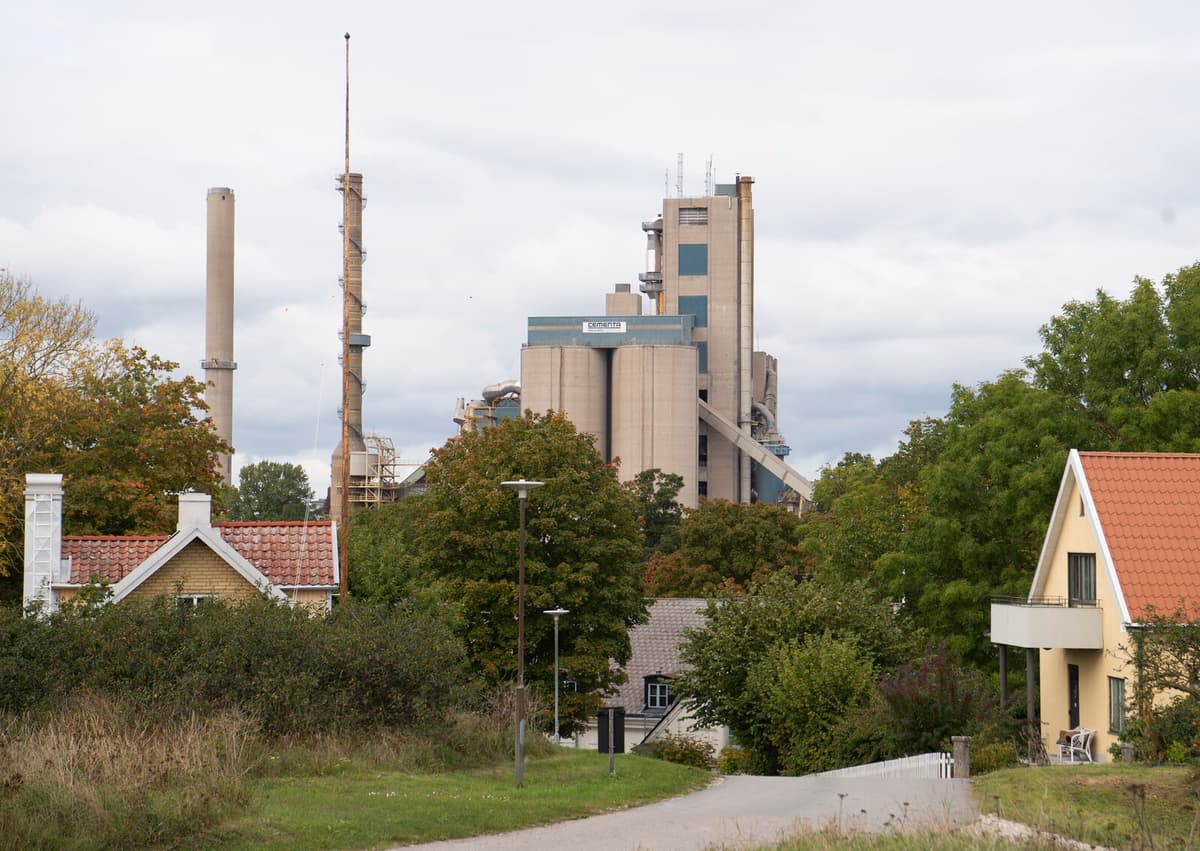On July 6, 2021, the Land and Environment Court of Appeal rejected Cementa's, now Heidelberg Materials, application for a new 20-year permit for limestone quarrying in Slite on Gotland.
The reason was significant deficiencies in the environmental impact description. They concerned particularly assessments of the impact on groundwater.
The Supreme Court said no to considering the company's appeal on August 25, 2022.
To avoid the risk of a cement shortage, the government drafted a law that opened up for temporary exemptions in the Environmental Code and the possibility for the government to grant a temporary permit.
The Council on Legislation said no to the government's proposal. But the government went ahead with a proposal, and the Riksdag voted unanimously in favor of the bill on September 29, 2021.
After processing an application for a temporary permit, the government gave the company the green light to continue quarrying until December 31, 2022.
Four environmental organizations appealed, but the Supreme Administrative Court found that the government's permit did not contravene any law.
Heidelberg Materials restarted its permit process and submitted a new application for a four-year permit to the Land and Environment Court. The court said yes to the application in December 2022. At the same time, the company's work on the application for a longer-term permit was ongoing.
The Swedish Agency for Emergency Management and Planning classified Heidelberg Materials' operations on Gotland as very important for Swedish infrastructure on December 15, 2022.
In late 2023, Heidelberg Materials submitted a new application for 30 years.
On May 7, 2025, the Land and Environment Court announced that Heidelberg Materials had been granted a 30-year permit for quarrying of limestone and marlstone in File Hajdar quarry and marlstone in Västra brottet.






